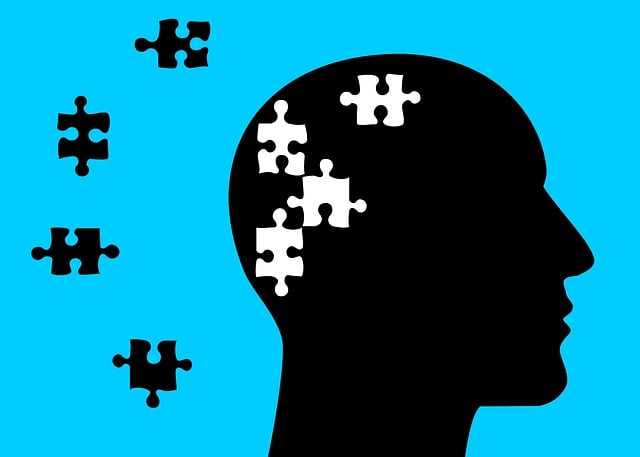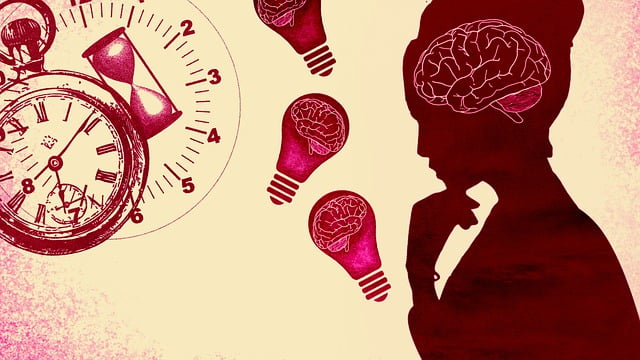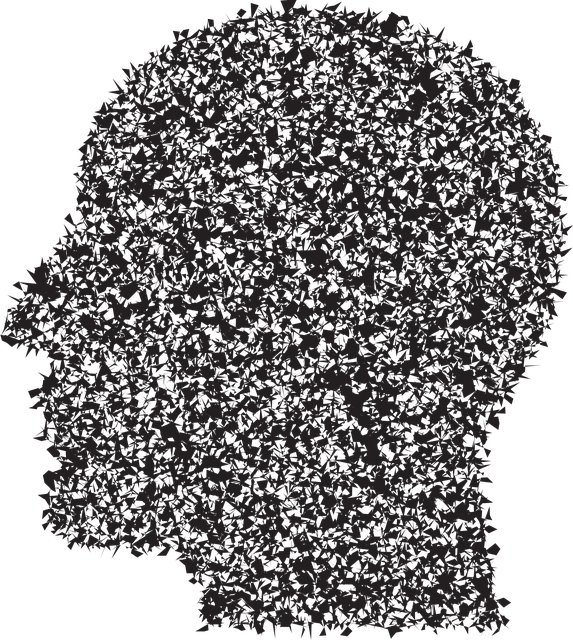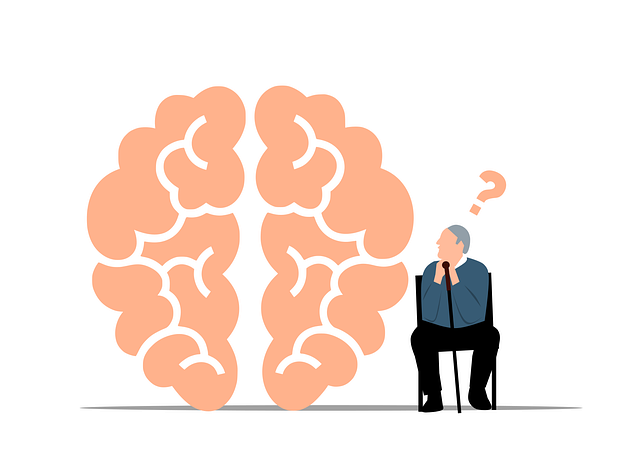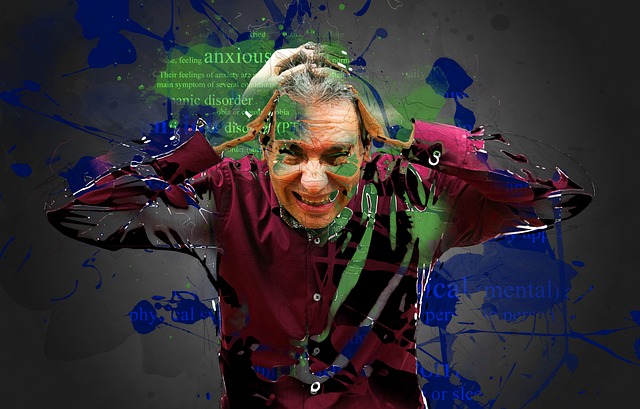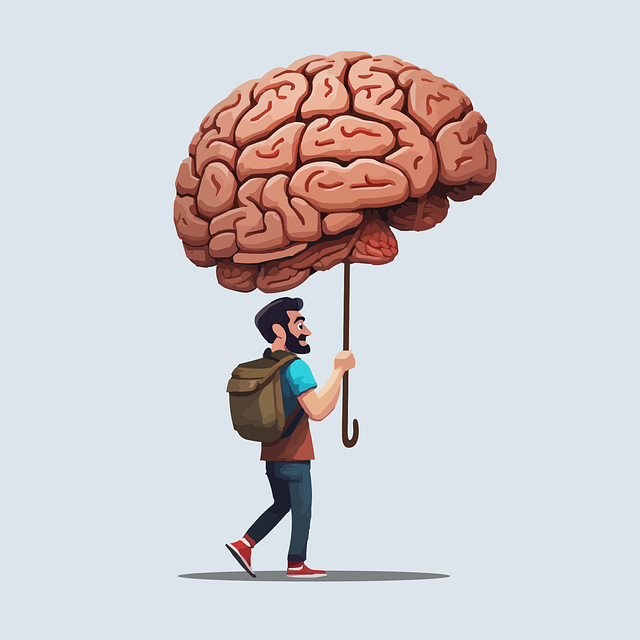Lakewood ADD-ADHD Therapy offers specialized Social Skills Training programs to empower individuals with ADHD or related conditions, providing tools for effective communication, stress management, and positive social behaviors. Through interactive exercises, role-playing, and mindfulness techniques, their holistic approach enhances mental wellness, improves quality of life, and builds supportive communities in Lakewood.
Social skills training is a powerful tool in managing mental health conditions, especially Attention Deficit Hyperactivity Disorder (ADD-ADHD). This article explores how these skills are essential for navigating social interactions and offers insights into their role in ADD-ADHD therapy. We delve into effective strategies for enhancing social abilities while highlighting the comprehensive approach provided by Lakewood ADD-ADHD Therapy. Understanding these techniques can significantly improve social functioning and overall well-being.
- Understanding the Impact of Mental Health Conditions on Social Interactions
- The Role of Social Skills Training in ADD-ADHD Therapy
- Effective Strategies for Developing and Enhancing Social Skills
- Lakewood ADD-ADHD Therapy: A Comprehensive Approach to Improving Social Functioning
Understanding the Impact of Mental Health Conditions on Social Interactions

Mental health conditions can significantly impact an individual’s ability to navigate social interactions, often leading to feelings of isolation and difficulties in forming meaningful connections. Conditions such as ADD/ADHD, anxiety disorders, or depression may cause individuals to withdraw from social settings due to heightened stress levels, fear of judgment, or struggles with emotional regulation. These challenges can hinder the development of vital social skills, making it crucial for individuals to seek support through specialized programs like Lakewood ADD-ADHD Therapy.
Social Skills Training plays a pivotal role in enhancing mental wellness by equipping individuals with strategies to manage these interactions effectively. Through tailored coaching and development programs, participants learn to recognize triggers, communicate their needs, and engage in positive social behaviors. Incorporating techniques for stress management is also essential as it enables individuals to respond rather than react during socially demanding situations, fostering a sense of control and overall mental wellness.
The Role of Social Skills Training in ADD-ADHD Therapy

Social Skills Training plays a pivotal role in ADD-ADHD therapy, addressing one of the key challenges faced by individuals with Attention Deficit Hyperactivity Disorder (ADHD). Many people struggling with ADHD often experience difficulties in social settings due to symptoms like impulsivity, inattention, and emotional regulation challenges. Lakewood ADD-ADHD Therapy incorporates these training sessions to empower patients with effective communication strategies, enhancing their ability to navigate relationships and reduce feelings of isolation.
Through interactive exercises and role-playing scenarios, individuals learn valuable conflict resolution techniques that foster healthier interactions. This approach not only aids in managing symptoms but also promotes mental wellness, as improved social skills can significantly contribute to anxiety relief and overall emotional well-being. The focus on social skills development is a game-changer in the context of Lakewood ADD-ADHD Therapy, complementing traditional treatments and enhancing individuals’ quality of life.
Effective Strategies for Developing and Enhancing Social Skills

Social skills training plays a pivotal role in managing mental health conditions, particularly for individuals dealing with ADD/ADHD in Lakewood. Effective strategies for developing and enhancing social skills include structured group settings that encourage interaction and provide opportunities to practice communication, emotional regulation, and conflict resolution techniques. These environments foster a sense of belonging and help individuals build confidence in their ability to navigate social situations successfully.
Mental wellness coaching programs designed around social skills development can be tailored to meet the unique needs of each individual. Through role-playing scenarios, mindfulness exercises, and peer support, participants learn practical tools for improving social interactions. By integrating these strategies into daily life, individuals with ADD/ADHD in Lakewood can enhance their relationships, improve their overall mental wellness, and better manage symptoms associated with their condition.
Lakewood ADD-ADHD Therapy: A Comprehensive Approach to Improving Social Functioning

Lakewood ADD-ADHD Therapy takes a comprehensive approach to improving social functioning for individuals with Attention Deficit Disorder (ADD) or Attention Deficit Hyperactivity Disorder (ADHD). This holistic program recognizes that effective treatment goes beyond medication and traditional therapy. By integrating evidence-based practices, mindfulness techniques, and social skills training, Lakewood offers a tailored experience designed to enhance self-awareness, emotional regulation, and peer interactions.
The community outreach program implementation at Lakewood prioritizes building supportive networks and fostering inclusive environments. This includes teaching individuals coping strategies for social situations, improving communication skills, and promoting positive relationships. Additionally, burnout prevention strategies for healthcare providers are incorporated into the therapy process, ensuring that both clients and therapists receive the support needed for sustainable mental health management.
Social skills training plays a pivotal role in managing mental health conditions like ADD/ADHD, offering individuals effective strategies to navigate social interactions with confidence. By addressing communication barriers and teaching empathy, these programs empower people to foster meaningful connections. For comprehensive support, Lakewood ADD-ADHD Therapy provides an integrated approach, combining specialized training with personalized care to enhance social functioning and overall well-being.
